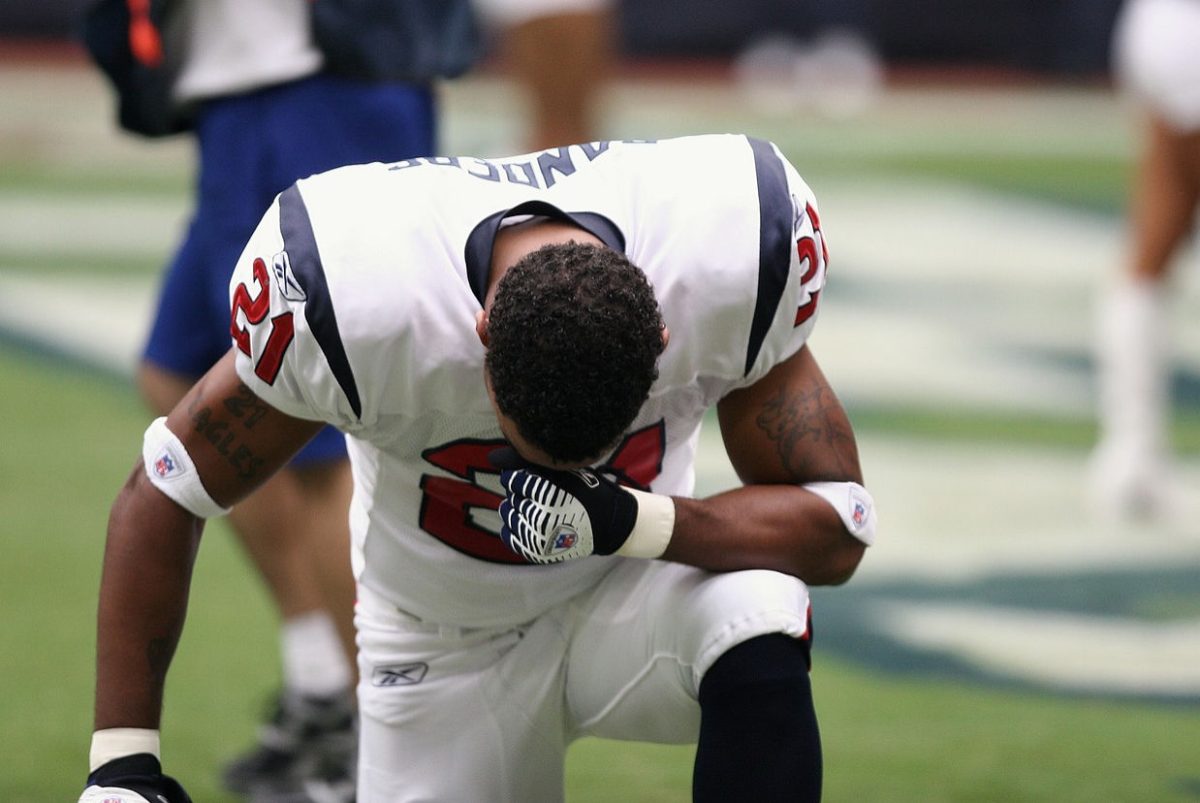I remember the first time I did not feel like saying the words to the pledge of allegiance. No, it was not because I was tired, or because I hated America. It was because, for the first time in my life, I did not think America lived up to the words in its own pledge. I had just read a book on the creation and testing of the atomic bomb, and what I learned in that book had struck me very deeply. I realized then — for the first time — that America can make mistakes.
This was not the perception of America I had been taught in school or at home. My parents and teachers taught me that America was not only “One Nation Under God,” it was THE Nation Under God. America was also the best nation in all the world; no other nation could beat us at anything. America was always the good guy who would beat up the bad guys so that other people around the world could also have “liberty and justice for all.”
I now realize that this kind of education was incredibly nationalistic: it was pride in one’s nation-state transformed into a sentiment of superiority that goes beyond simple patriotism. While patriotism is love for a nation, nationalism is rooted in the idea that one’s nation is better than any other, and thus anyone outside of the nation is not an equal.
As we are currently living in the era of modern nation-states, most (but not all) states operate under ideals of classical liberalism interspersed with nationalistic sentiment. (Please note, when I say “classical liberalism” here, I am referring to the political ideology that came out of the Enlightenment, not liberalism as we understand it in today’s political dichotomy.) This is not a natural union: nationalism and the ideals of classical liberalism, such as the freedom of speech, press and religion, do NOT go well together. Nationalism promotes the power of the group at the expense of individual rights, while classical liberalism proclaims the rights of an individual to be inalienable.
At this moment in our country, the forces of nationalism and classical liberalism are butting heads in the form of the #TakeAKnee debate. The side of the debate on which you fall is extremely telling on whether you think nationalism or classical liberalism is more fundamental to this country. If you support Kaepernick’s right to take a knee, you likely believe that protecting individual rights is more important than patriotic displays. On the other hand, if you think Kaepernick is being disrespectful, you likely believe patriotic displays are more important, as eschewing such displays indicates “disrespect” for the mother country and all it has “given.”
As for me, I believe that nationalism has no place in this country. Patriotism, yes – it is important to love one’s country. But it is destructive to turn that into something exclusive, to say to yourself that one’s country is the best, period. This precludes growth: if your country is already the best, why should you ask it to get any better? Furthermore, to paraphrase one of my professors, nationalism is not a path you want to pursue – for once you start down that path, it is an extremely short distance to Nazi Germany or Sarmientine Argentina. It does not take generations to reach persecution and genocide – it takes mere years.
Kaepernick’s protest is not about the national anthem – he does not oppose the anthem itself, or even what it supposedly stands for. In taking a knee, he is saying that he does not believe America is currently living up to its own standards, exemplified by the killing of unarmed black citizens. To me, true patriotism is loving your country enough to ask it to follow its own ideals – specifically those which grant liberty and justice to all.










































